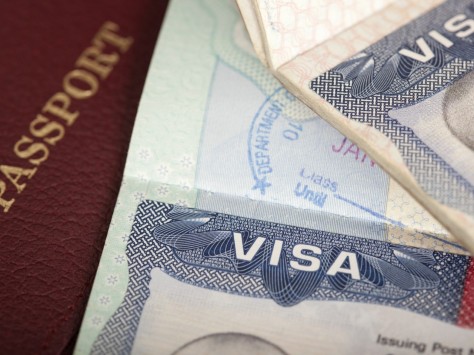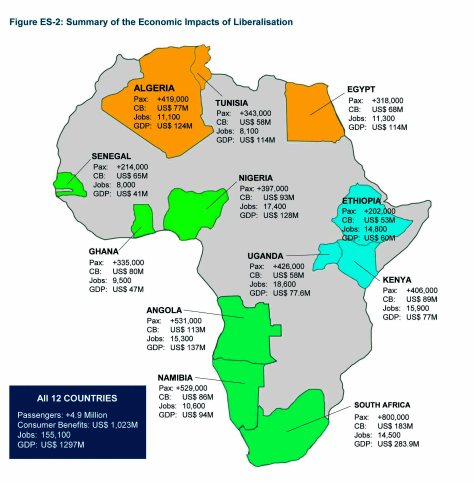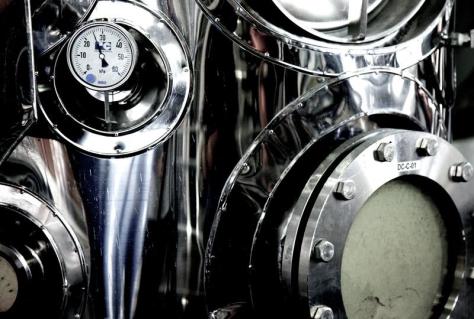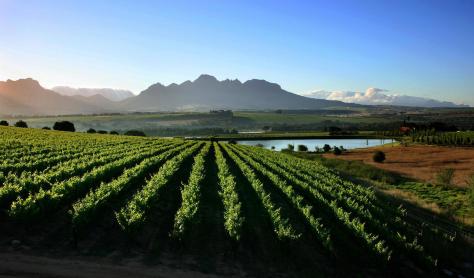Johannesburg – Strict new South African immigration laws have sparked confusion and panic among foreign residents in the “Gateway to Africa” and forced 250 000 Zimbabweans to decide whether to return home.Walk down most streets in Johannesburg and you will hear accents and languages from across this vast African continent.
Builders by the roadside waiting for work chatter away in the sweet sing-song rhythm of African Portuguese, waiters stand and gossip between orders employing the rolling Rs and whistles that mark out Shona, a language of Zimbabwe and southern Zambia.
Congolese, Somalis, Nigerians, Mozambicans and above all Zimbabweans, flock to the “City of Gold” in search of their own little slice of the riches of the Highveld, as the surrounding region is known.
Since the 1880s, when Johannesburg exploded to life with the discovery of vast gold deposits, it has been a city, and a country, of immigrants.
“Shosholoza”, perhaps South Africa’s most beloved song originally came from the Zimbabwean workers making the train journey south to work the mines.
But today authorities, wary of the inflow amid brutally high unemployment, have begun tightening visa regulations and closing loopholes.
New rules quickly snapped into force shortly after the May election, catching scores of expatriate workers of guard.
‘Sending 250 000 back’
A German doctor waiting six months for the processing of her residence permit was banned from returning to SA for five years for overstaying her tourist visa.
A Briton was stranded in London, separated from her husband and 18-month-old child, after being declared an undesirable immigrant for a similar reason.
There are fears the new rules may hit the vital tourist industry. Immigration consultants have lodged a slew of court cases challenging the laws, which they say are unconstitutional.
Haniff Hoosen, from the DA, says “the new regulations have already ripped apart families, dissuaded investors, and led to the suspension and even cancellation of multi-million rand film and tourism ventures”.
But the most far-reaching implication may be felt by the more than a quarter-of-a-million Zimbabweans who fled the political and economic crisis at home after disputed elections in 2008.
They were granted special permits that expire later this year.
According to the new laws, if they want to continue living in the country they will have to return home to apply for extensions.
“Sending 250 000 back just to extend their permits doesn’t make sense,” said Bernard Toyambi, the paralegal officer of the non-governmental organisation the People Against Suffering, Oppression and Poverty.
“How will they keep their jobs? How long does the process take?”
The worst fear is mass deportations if no special political deal is secured.
“It’s like they’re chasing us out, they’re killing us,” said Sascha Madipa, aged 28, a Zimbabwean immigrant in Johannesburg.
‘Like doomsday’
The rules have “created such an element of uncertainty, uneasiness among the people. It’s like doomsday,” said Gershon Mosiane, an immigration lawyer and president of the Forum of Immigration Practitioners (FIPSA).
“These people were not given ample time, and to declare a person undesirable, our position is that it is arbitrary and is against the principle or the rule of law… that a person is innocent until proven guilty,” said Msiane.
South Africa has promised to make a decision on the status of the Zimbabweans, with immigration chief Apleni Mkuseni saying they should “wait patiently and with no panic”.
But new South African Home Affairs Minister Malusi Gigaba signalled a less sympathetic stance.
“Workers from other countries, and I dare say Zimbabwe, have flocked to South Africa seeking asylum. We must ask: Is there a conflict in Zimbabwe which necessitates that Zimbabwean nationals must apply for asylum in South Africa?” he asked.
With Zimbabwe’s economy still spluttering, unemployment unofficially estimated to be as high as 80%, a fresh financial crisis looming and president Robert Mugabe recently returned to power for another term, many Zimbabweans are reluctant to return home.
A Zimbabwean opposition politician, Ngqabutho Mabhena of the Movement for Democratic Change, who helped negotiate the special permits, has been talking to SA officials about the looming crisis.
“Our guess is that the majority of the people will want to re-apply because after the 2013 election in Zimbabwe, no Zimbabwean that we have spoken to wants to go back,” said Mabhena
Over one hundred years after Johannesburg sprung up from the dust, Zimbabwean workers may again be making a journey, this time northward and homeward, leaving behind a city that is a little less cosmopolitan.










